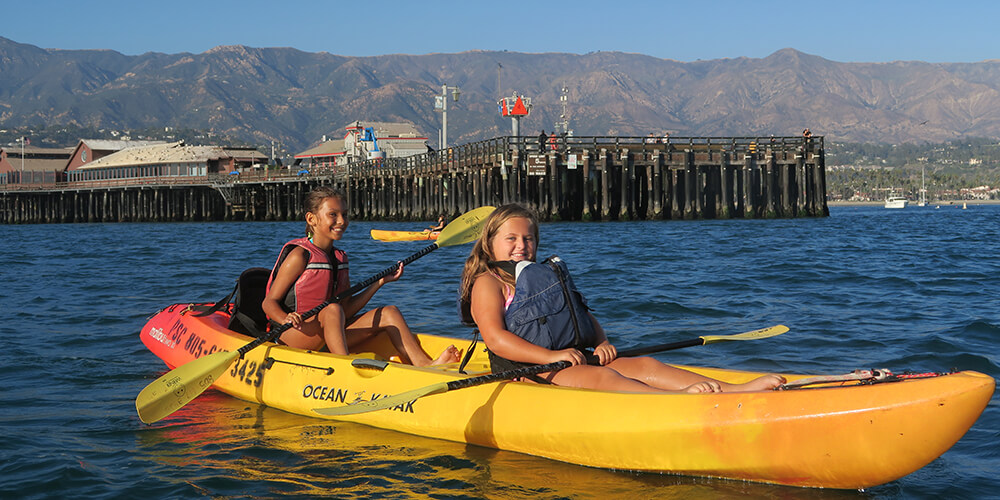Ocean Guardian School Projects

Examples of proposed stewardship projects*
September 2023 - June 2024 Ocean Guardian School Projects
September 2022 - June 2023 Ocean Guardian School Project
September 2021 – June 2022 Ocean Guardian School Projects
September 2020 – June 2021 Ocean Guardian School Projects
September 2019 – June 2020 Ocean Guardian School Projects
September 2018 – June 2019 Ocean Guardian School Projects
September 2015 – June 2016 Ocean Guardian School Projects
September 2014 – June 2015 Ocean Guardian School Projects
September 2013 – June 2014 Ocean Guardian School Projects
September 2012 – June 2013 Ocean Guardian School Projects
September 2011 – June 2012 Ocean Guardian School Projects
Jan. 2011 – June 2011 Ocean Guardian School Projects
Example Projects within the Ocean Guardian School Project Pathways
Below is a list of just a few examples of both school and community-based ocean stewardship projects within the Ocean Guardian School project pathways.
6 Rs- Refuse, Rethink, Reduce, Reuse, Rot, Recycle
- Clearly marking school and local storm water drains with suitable signs such as "This drain leads to the ocean"
- Covering and storing trash in areas where it cannot contaminate or pollute storm water;
- Implementation of school-wide recycling/composting programs
- School-wide green purchasing program that takes into account the environmental impact of purchases (packaging, recycled materials, sustainable production)
- Implementation of zero waste lunch programs that promotes the use of reusable/bulk/compostable items
- Community outreach campaign that educates about a related issue and advocates for change
Schoolyard Habitat/Garden
- Creating or improving school gardens/schoolyard habitats with an emphasis on native plants, low water use, rain catchment systems, etc. while clearly connecting these activities to the health and preservation of the local watershed and/or the ocean,
- Community education efforts using school-based ocean friendly garden as demonstration resource
Watershed Restoration
- Restoration of local watershed/wetland area (i.e., removal of invasives and planting natives)
- Improving fish habitat within a local watershed
- Shoreline/bank stabilization
- Re-vegetation of streams and creeks that flow through local areas
Marine Debris
- Reducing single-use plastics on school campus (school cafeteria), at school/sport events, etc. (i.e., installing a hydration station(s) on campus, promoting use of reusable water bottles, working with cafeteria to reduce sale of single-use plastic items)
- Outreach/advocacy project focusing on promoting reusable bags in local community/ stores
Energy & Ocean Health
- Conducting school energy audits/carbon footprint calculations that lead to energy saving projects such as "power down" campaign, installing energy saving light bulbs, smart power switches, etc.
- "No idling" campaign, bike to school day campaign
- Installing clean energy alternatives such as wind/solar projects
- School-based water saving campaign
- Tree planting projects
Click here for related lesson plans and educational materials aligned to the national education standards and ocean literacy fundamental concepts.
*The project lists below may not always represent a complete list of schools participating in the program for that specified year.

